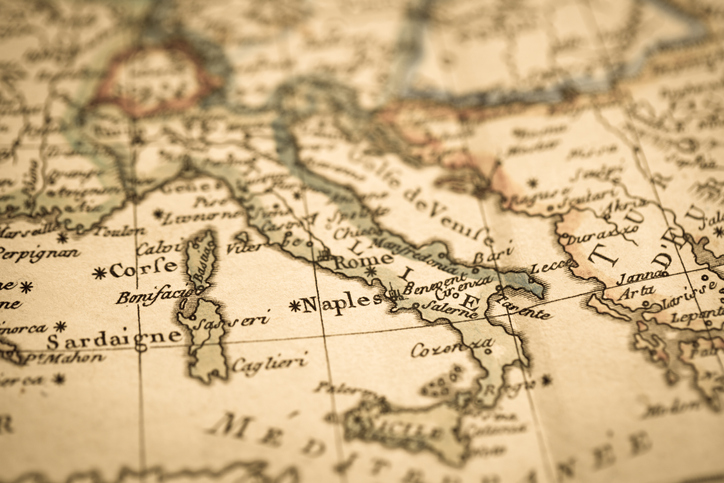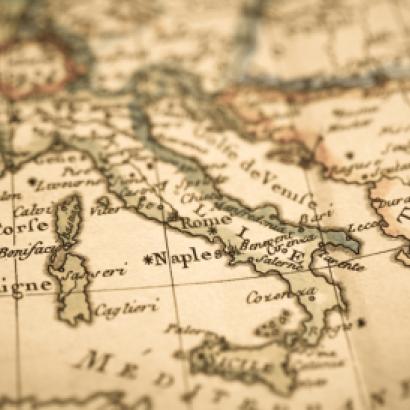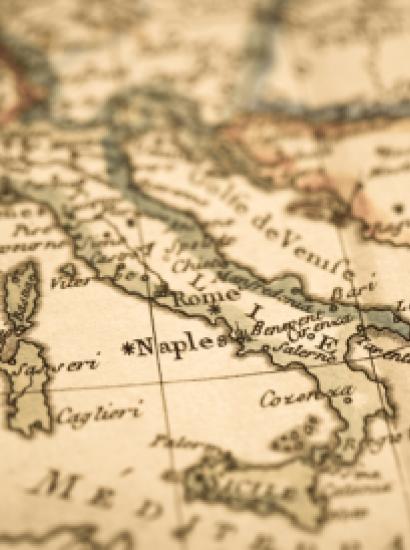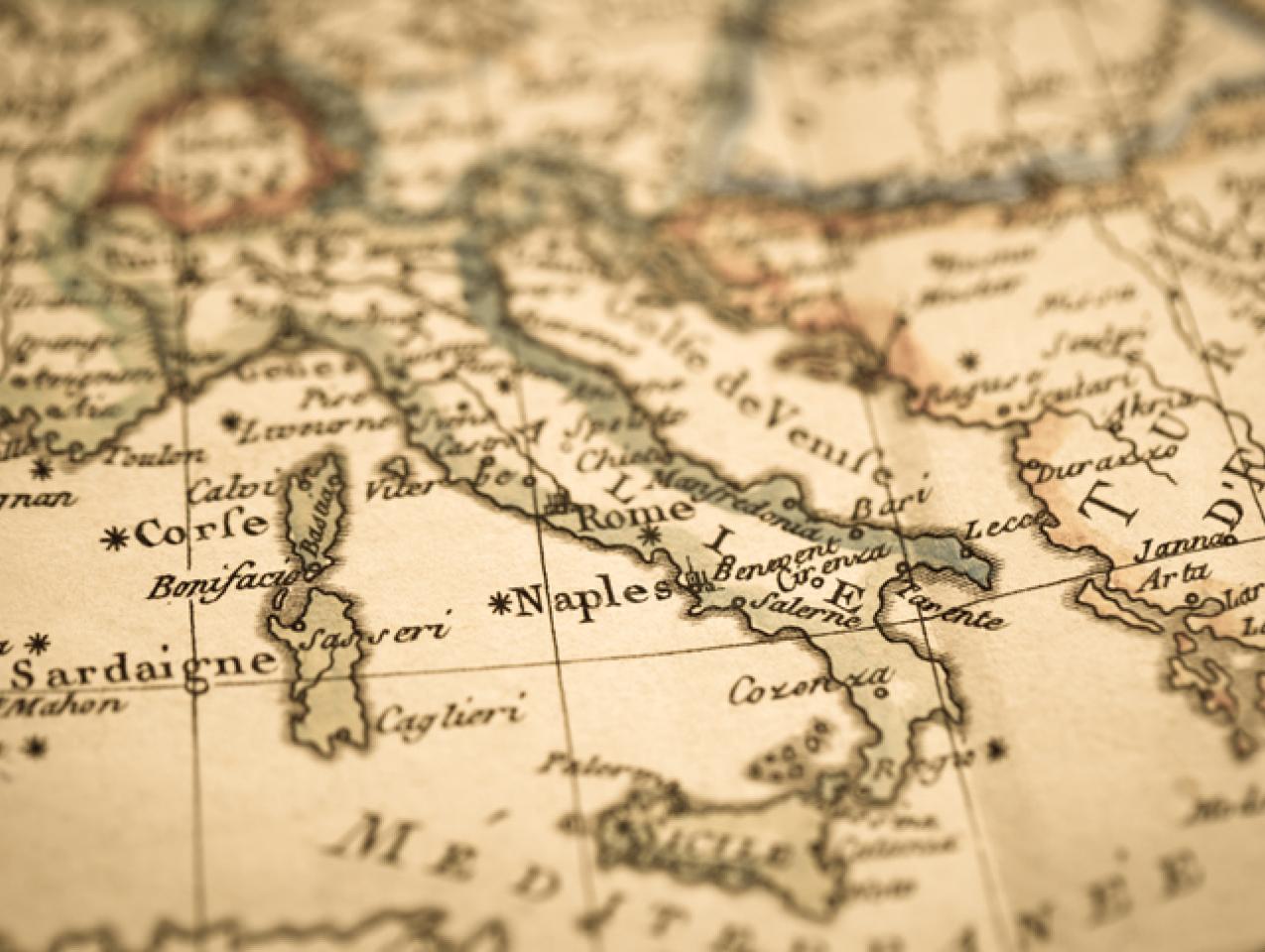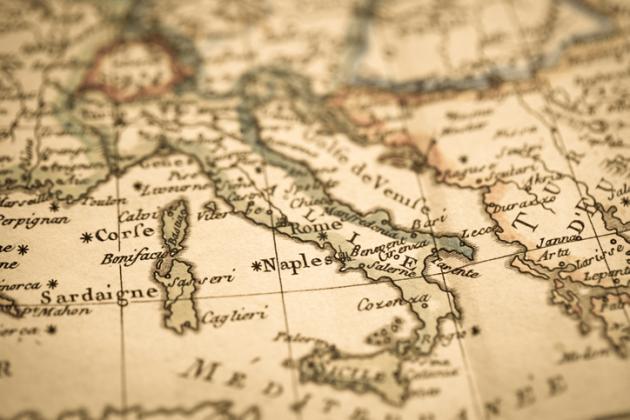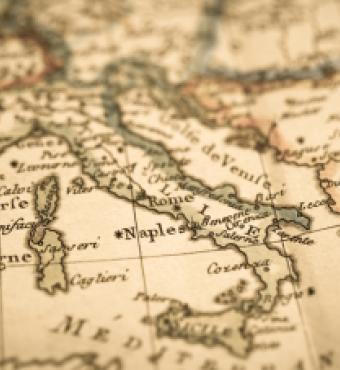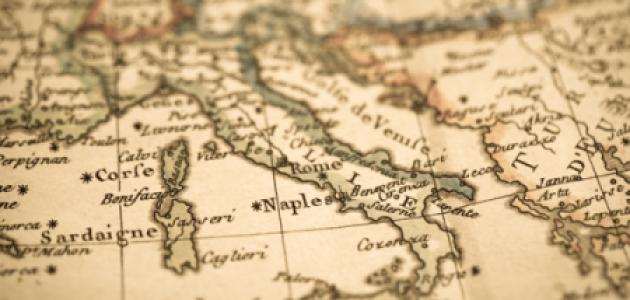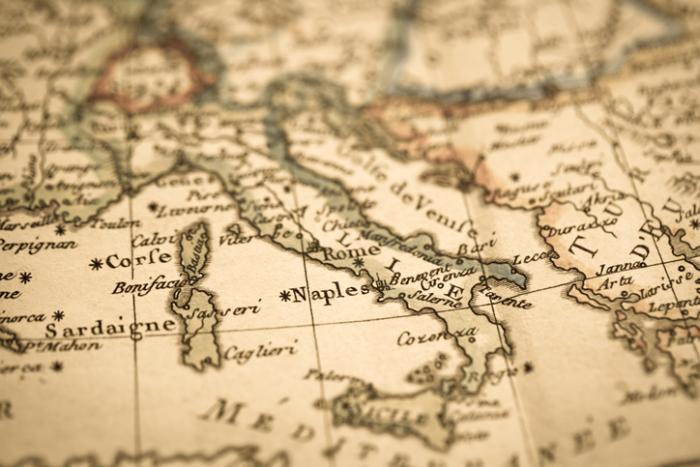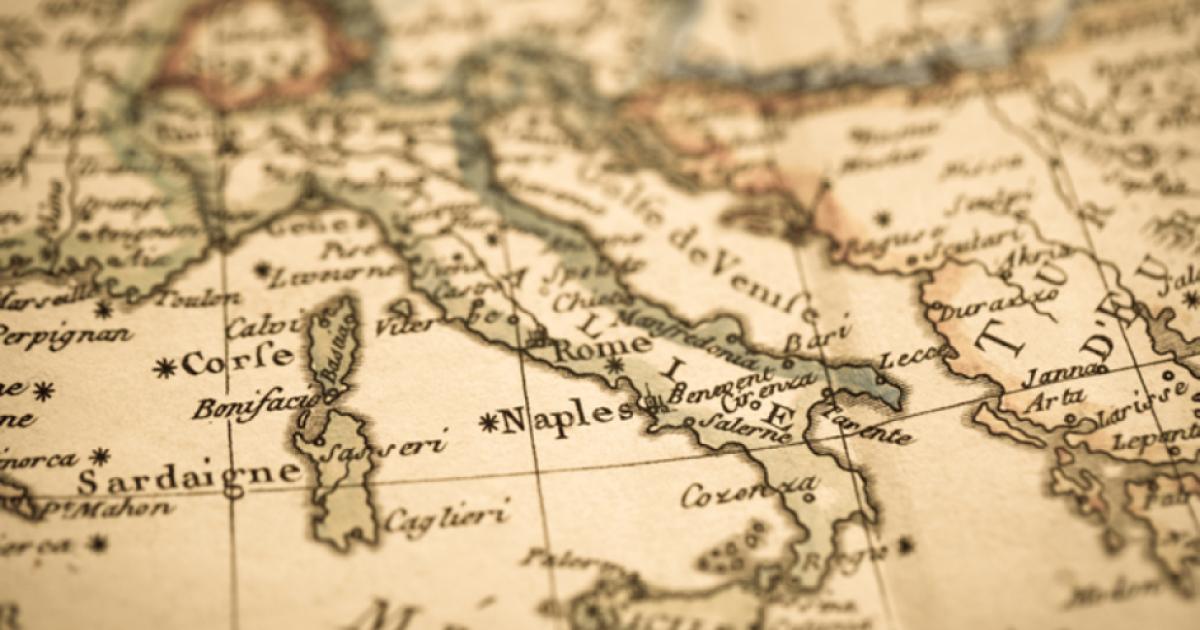Italy’s people are revolting against a political class that has ruled contrary to the voters’ will since at least 2011. As in Britain and elsewhere in Europe, popular discontent with the ruling class includes its support of migration and its attachment to the EU. Since Italy stretches almost all the way across the Mediterranean and has been the main avenue of migration into the EU since Turkey was induced to close the land route, what happens in Italy will affect the rest of Europe. Italy’s internal conflict is especially interesting because its voters’ lively rebellious sentiments and its ruling class’s entrenchment seem to portend some kind of eruption.
Re-opening Italy’s ports to vessels bearing migrants from Africa was the first act of the government that took office in Rome on September 3. On September 29, Pope Francis unveiled a statue of migrants in St. Peter’s Square. Thus did the Church hierarchy again join the rest of the country’s political class in slapping the face of a public who have been close to unanimous in their desire to halt migration. The division between rulers and ruled is wide and bitter.
Italy’s ruling class has retained power by co-opting the leaders of opposition parties. Between 1994 and 2011, Silvio Berlusconi won most of Italy’s elections on right-of-center platforms but governed in tune with the ruling class, led by what had been the Communist Party and had gone on to call itself the Democratic Party. In November of that year, pressures from the EU led Berlusconi to resign and swing his parliamentary majority to support a series of “technocratic” governments really run by the Democrats. After the 2013, elections, Berlusconi made a deal directly to support a government under Democrat Matteo Renzi. The public deemed these governments illegitimate. In 2017, it massively defeated a referendum by which Renzi meant to strengthen his hold on power.
In 2018’s national elections, the voters revolted against the country’s ruling class and its alignment with the EU bureaucracy. But while the North voted for the “League” party (Lega Nord), conservative in the U.S. sense, the South voted heavily for the Five Star Movement, whose anti-establishment slogan was “vaffanculo” (an obscene insult), but which has no firm political identity. These very different winners formed a government. The League’s leader, Matteo Salvini, became its de facto leader. His Euroskepticism and restriction on migration—as well as his proposed tax cuts—more than doubled his and his party’s popularity.
“Europe” struck back at Italy with threats of sanctions, and financiers raised the interest rate on Italy’s borrowings. France supports Libyan factions that threaten to upset Italy’s arrangements to limit migrants’ embarkations, and Germany strongly supports NGOs that try to smuggle migrants into Italian ports. The pope called Salvini “the devil.” All this added ammunition to the establishment’s effort to persuade the Five Star party to switch allegiances, which it did.
The government that took office on September 3, though led formally by the nominally non-partisan Giuseppe Conte, is really run by Matteo Renzi and his faction, which he removed from the Democratic Party in order to try doing in Italy what Emmanuel Macron did in France. As far as the public is concerned, this is the fourth time that the Democrats have taken power after losing an election. The government’s popularity is in the low 30s. Salvini’s popularity, more than double that of any other politician, continues to rise.
Led by Salvini’s League, the center-right now governs eighteen of Italy’s twenty regions. These governments’ eagerness for economic deals with foreign countries, prominently including China, is spurred by an economy that has been severely restricted by national policy since roughly 2011.
Because Italy is the crux of much that roils Europe, the outcome of its political war is sure to have widespread effects. Migration and the corollary issues of cultural identity, as well as the quintessential question of who controls whose lives by what right, are roiling all Europe. Italian voters have placed their country in the forefront of resentments felt throughout Europe. They are in the process of testing the boundaries between electoral and bureaucratic power. The outcome of struggles in Italy may well signal the direction of events in the rest of Western Europe.







